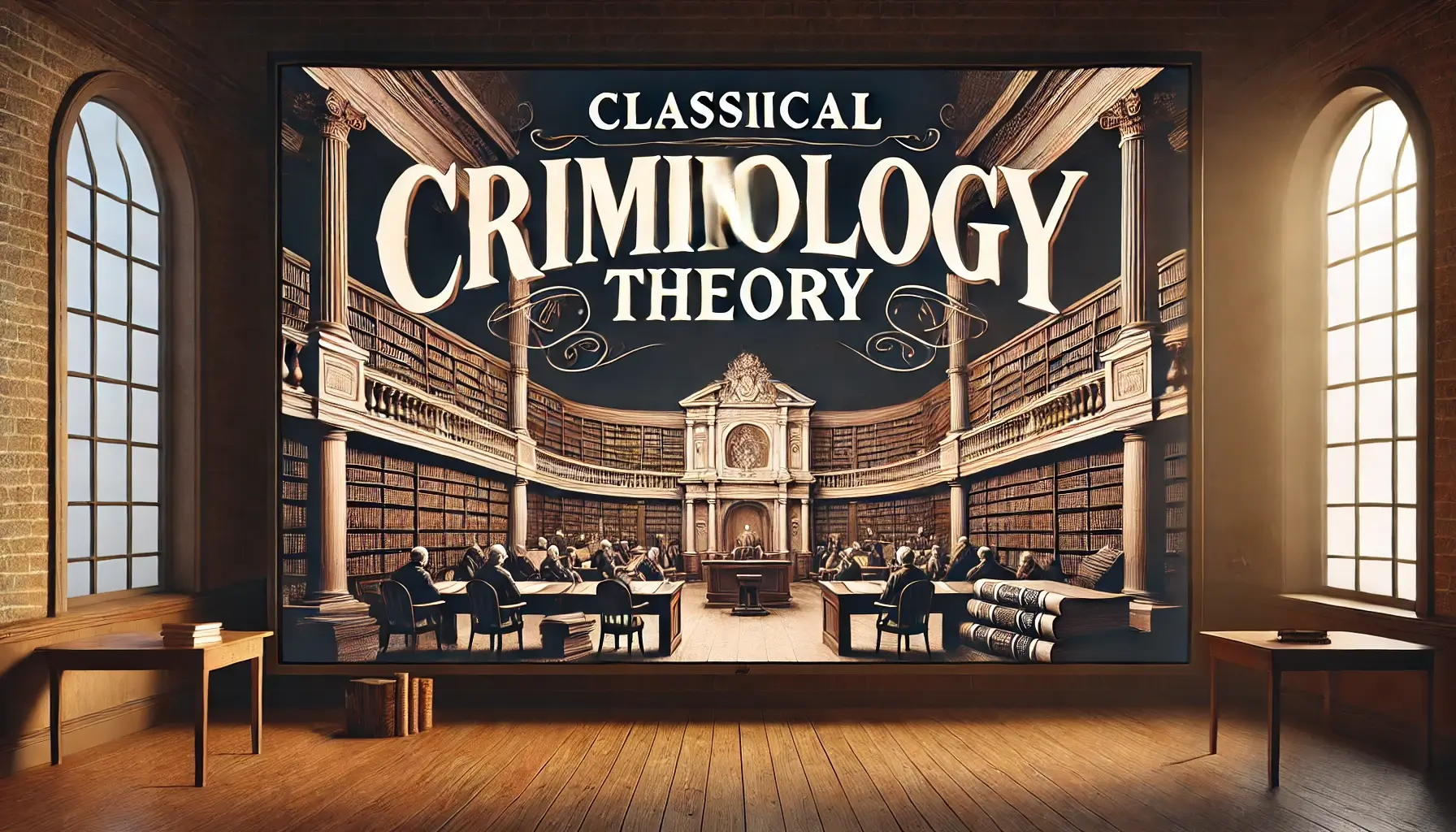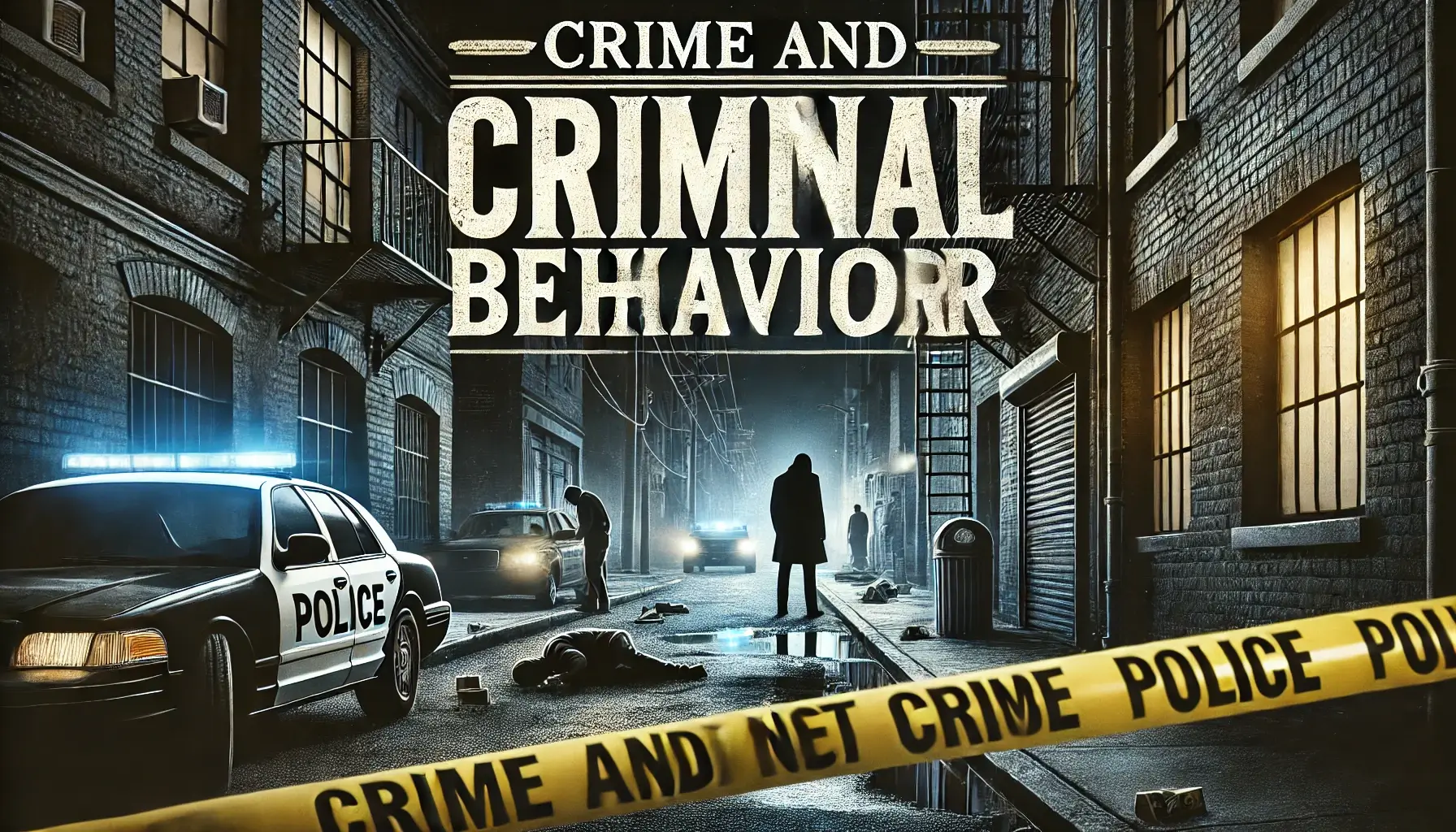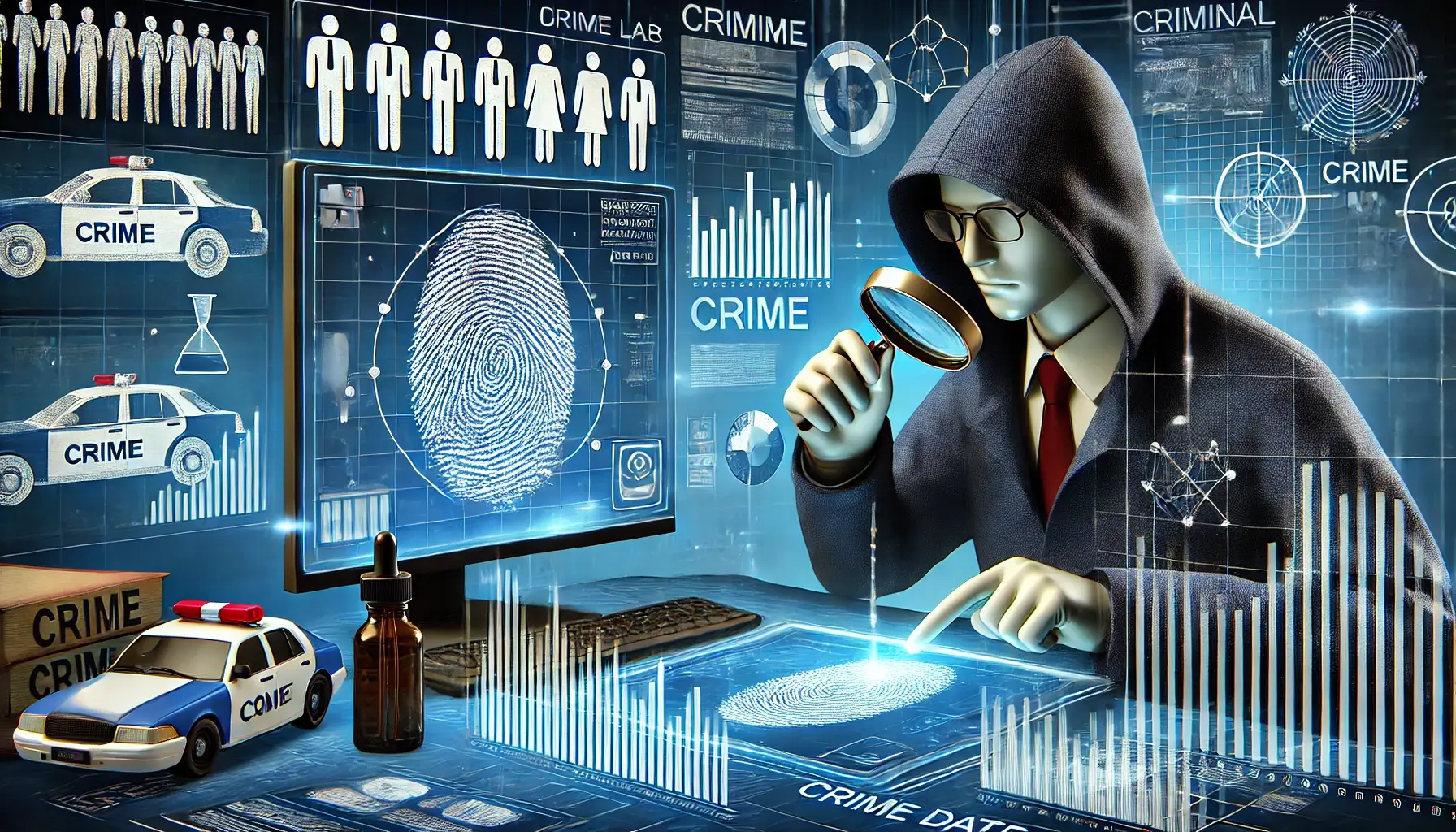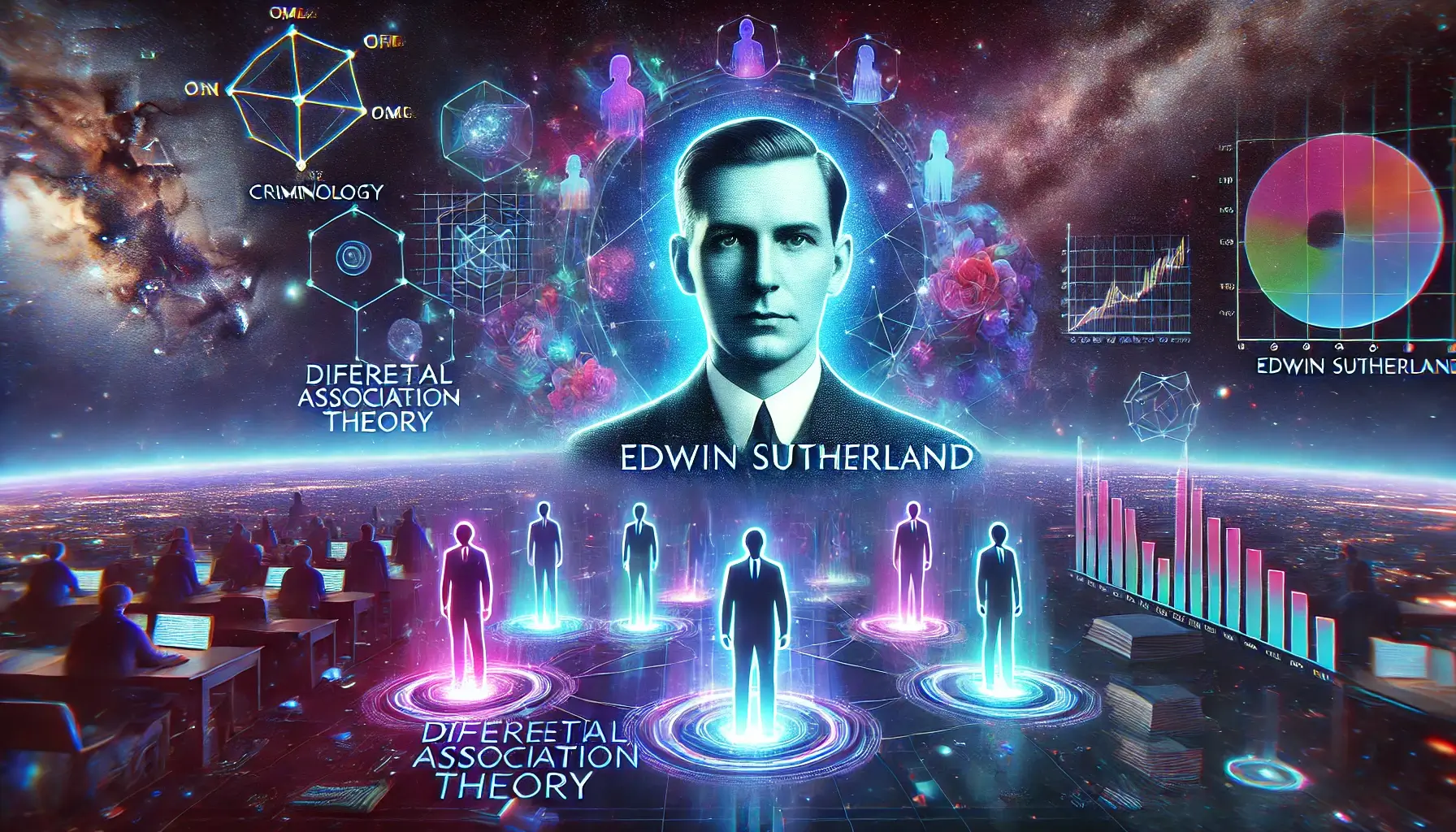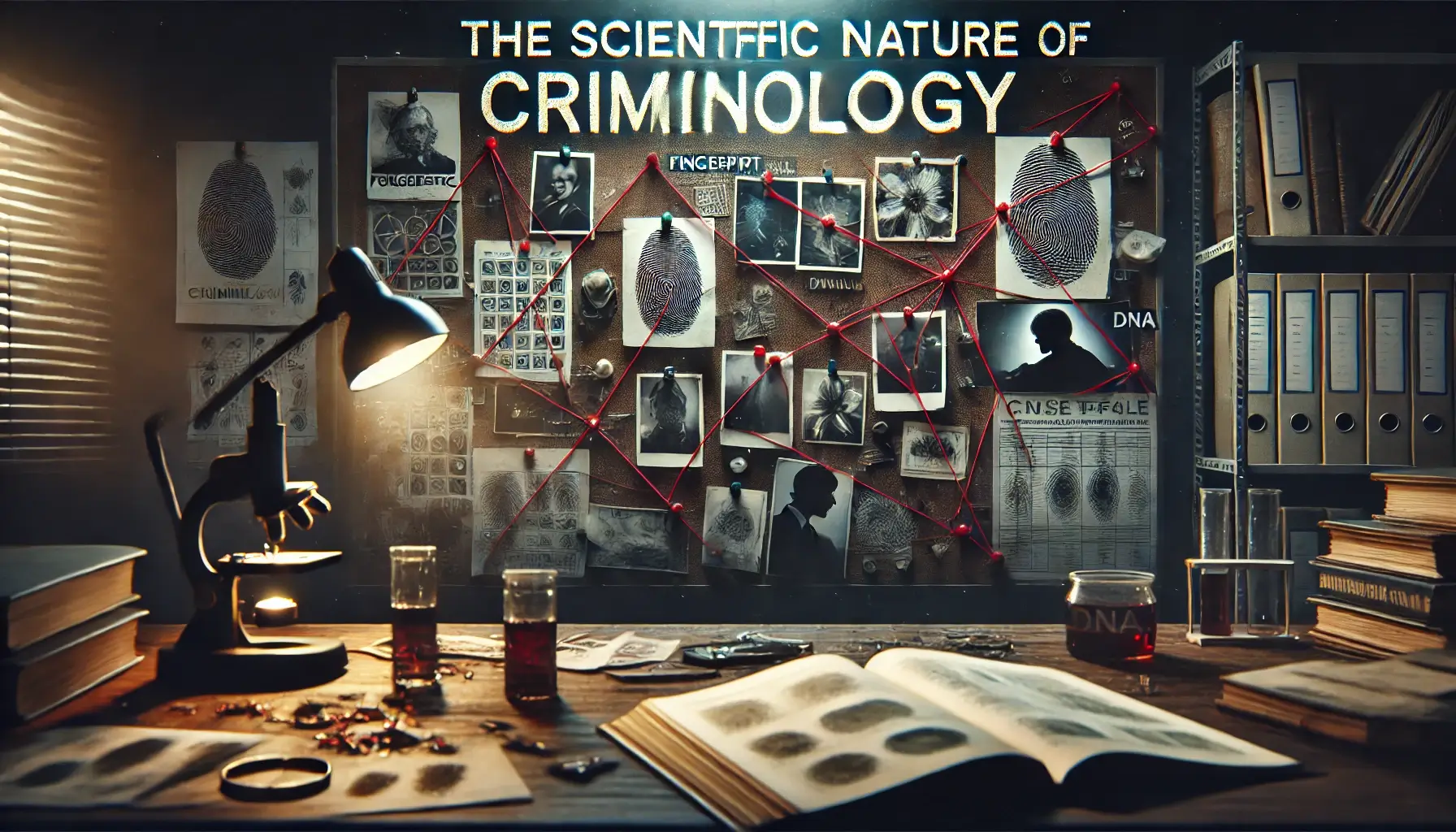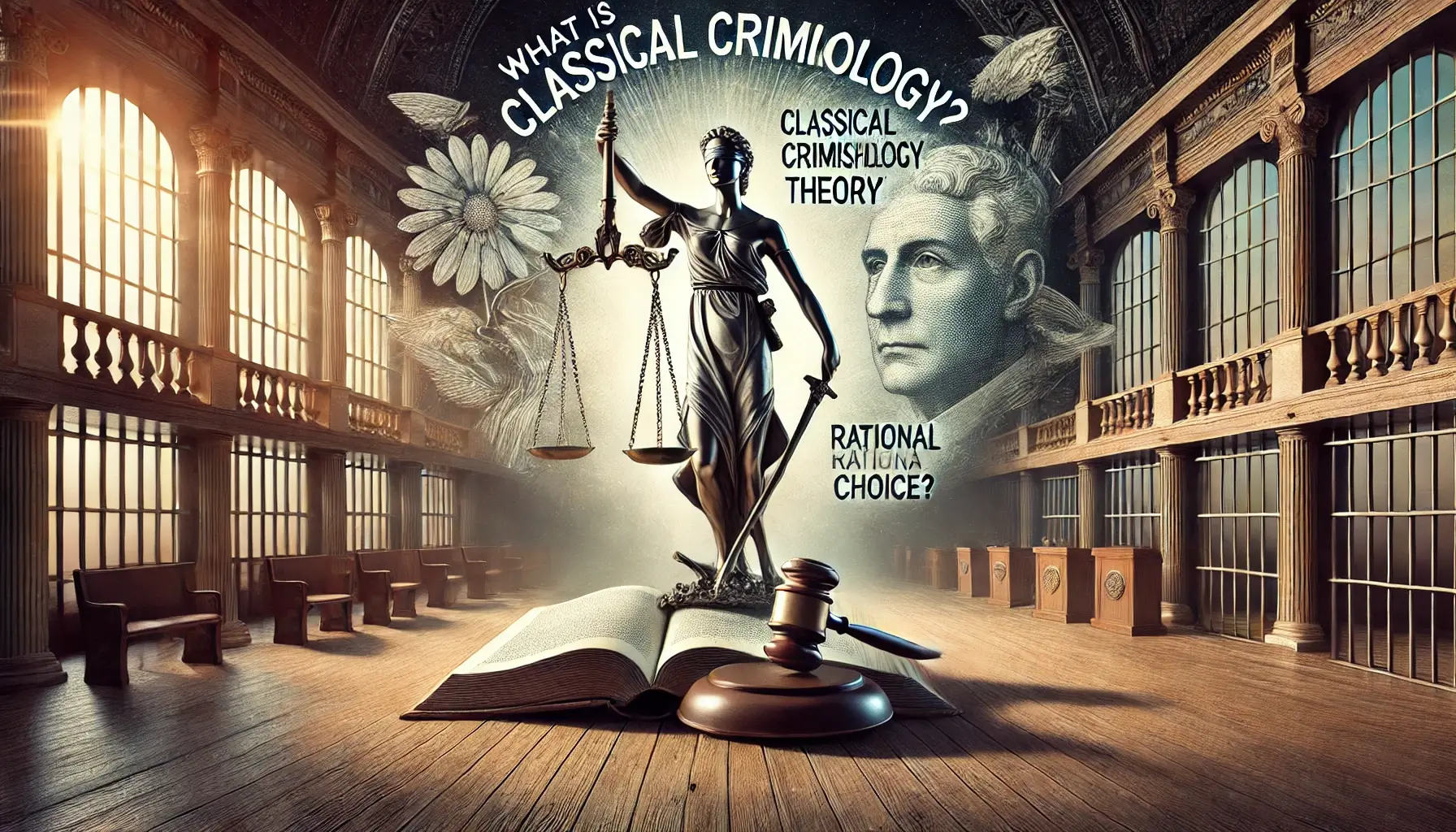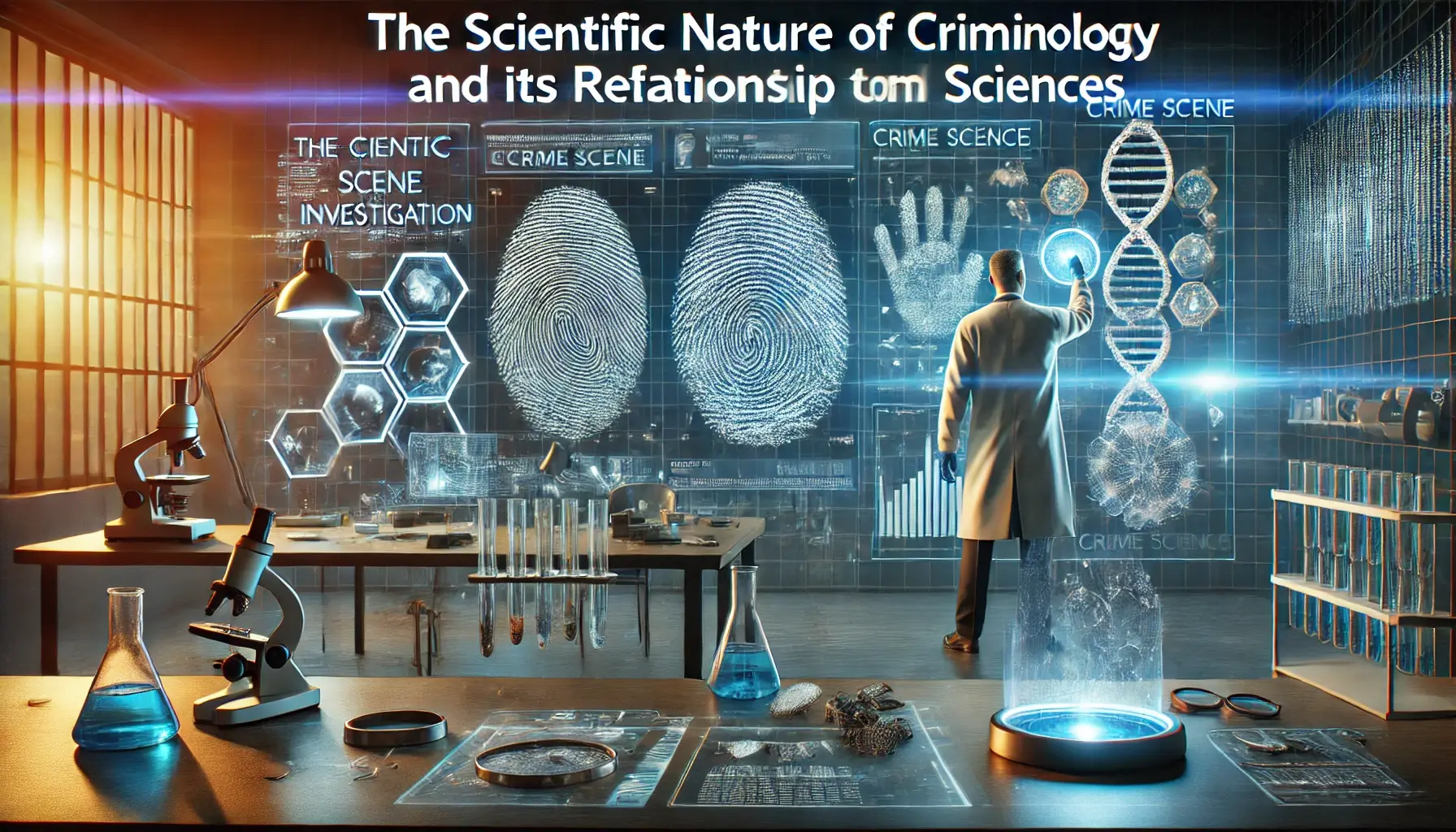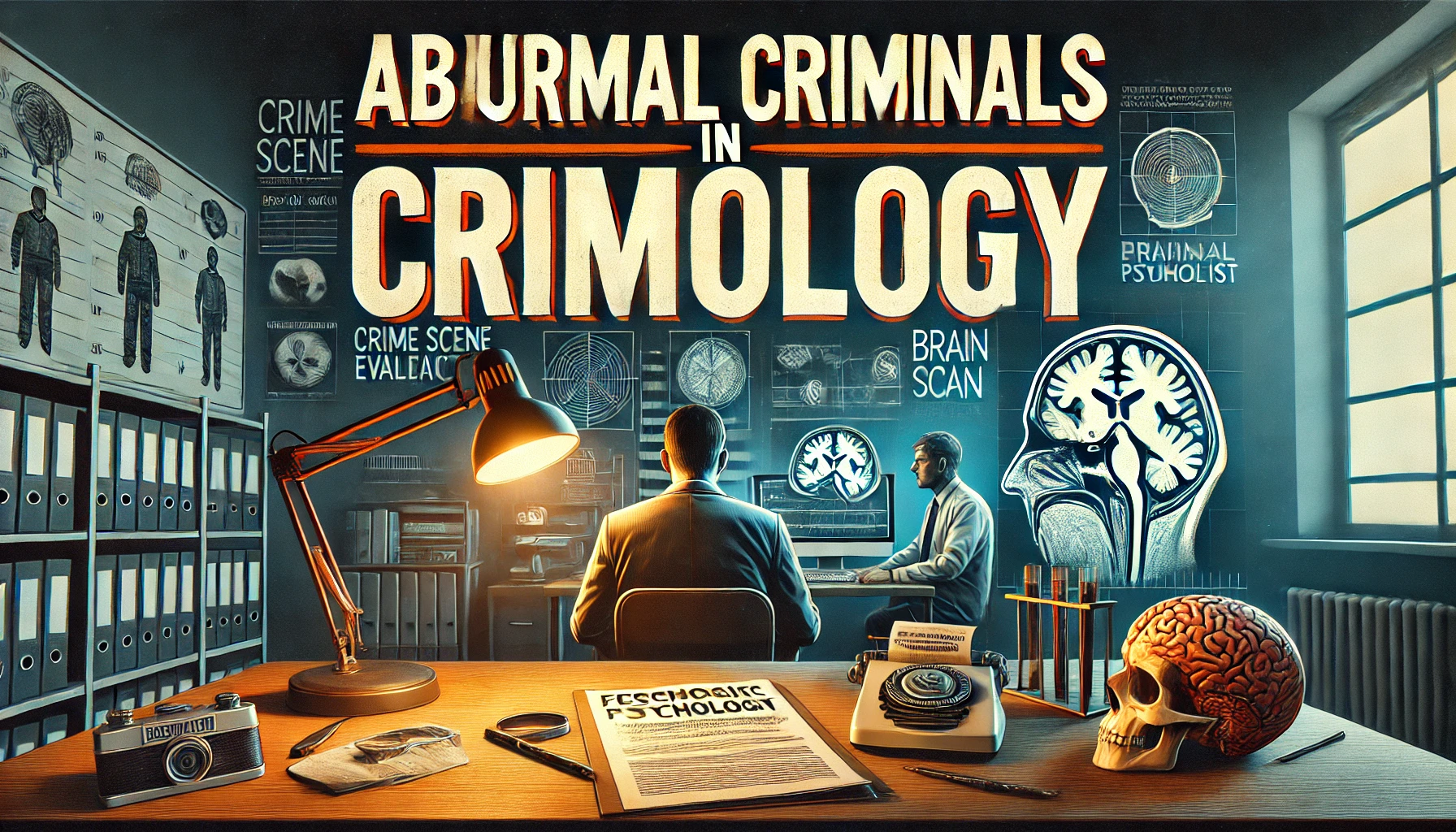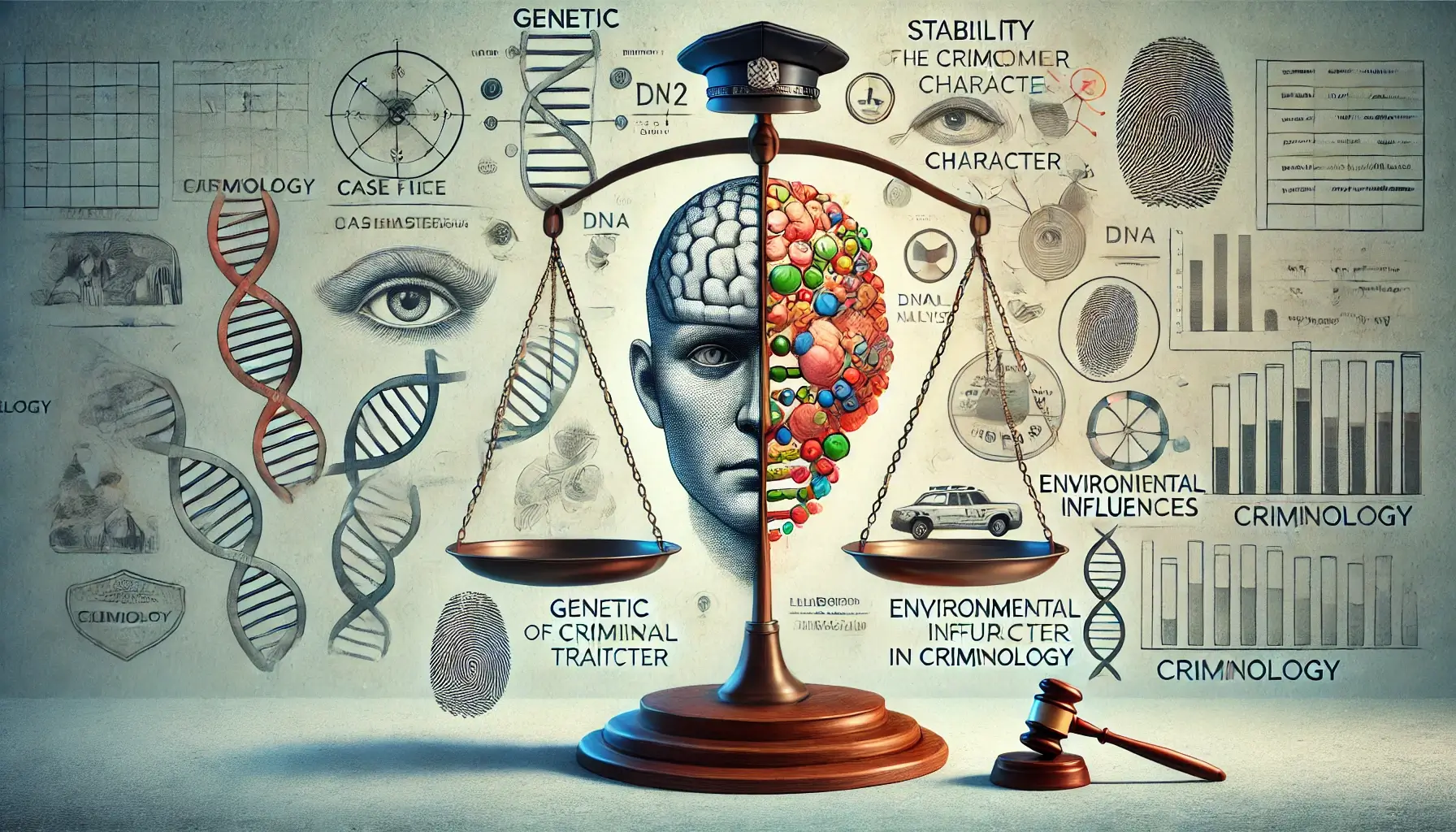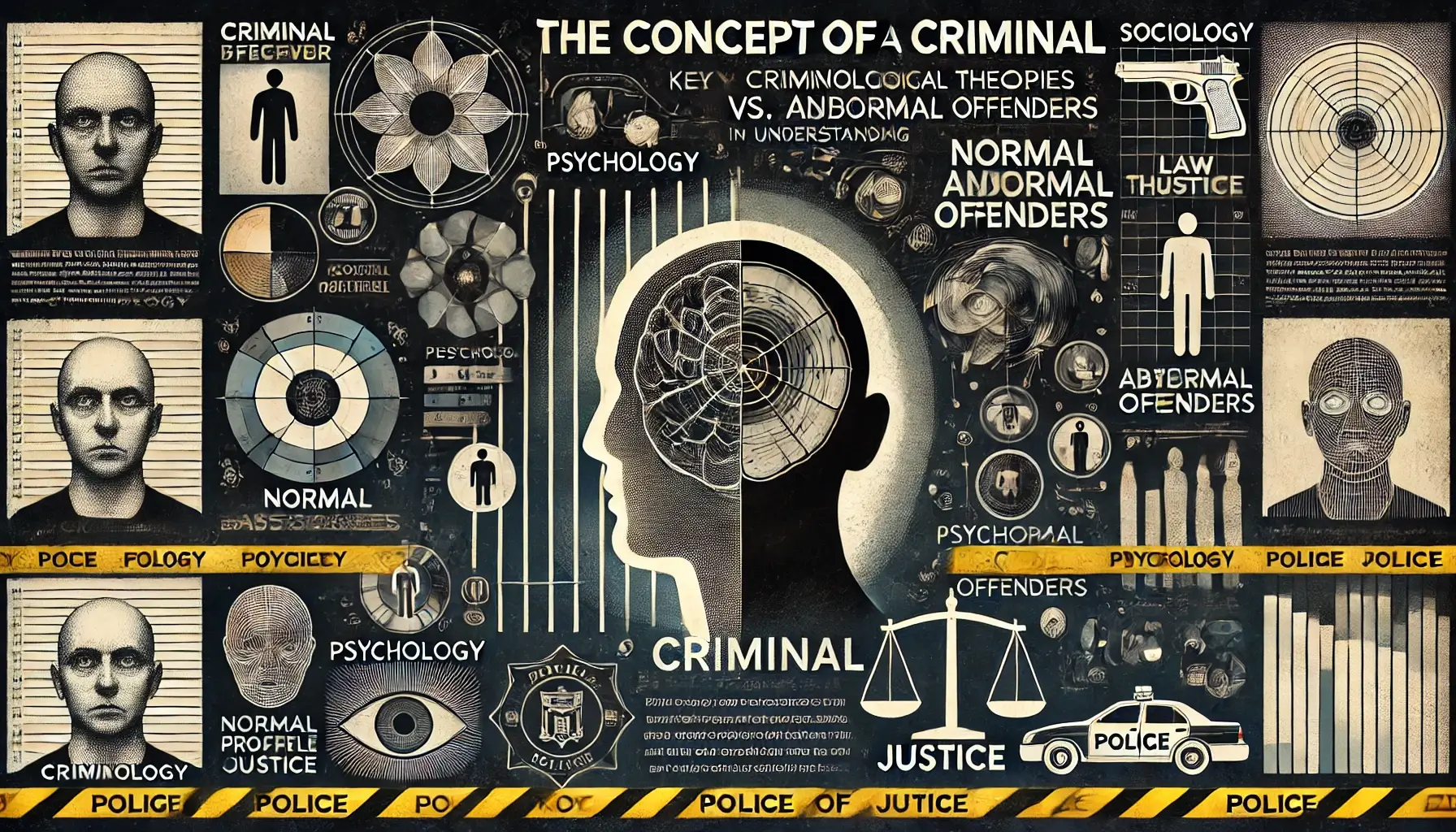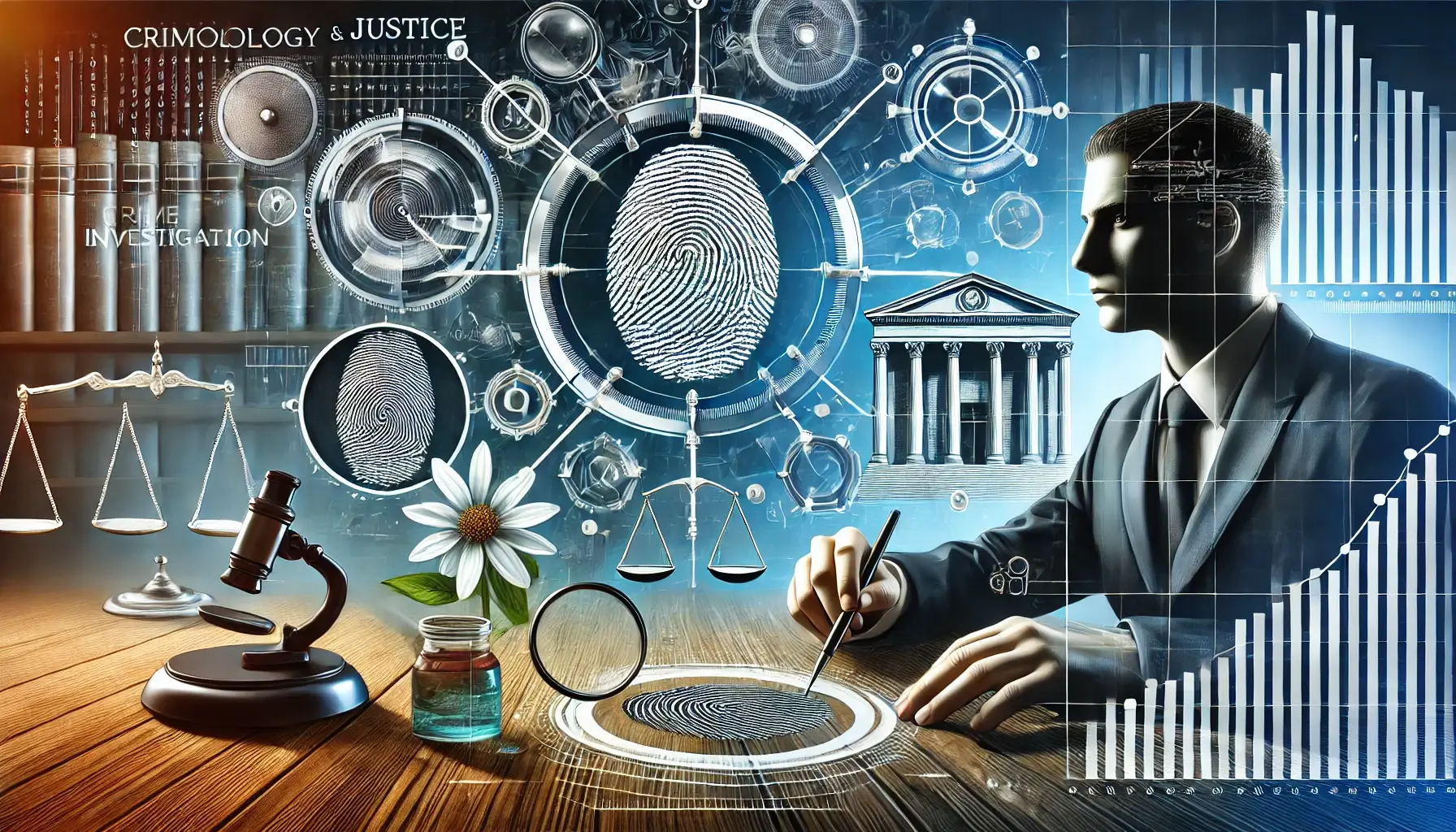Jeremy Bentham: His Influence on Criminology and Legal Philosophy
Introduction Jeremy Bentham (1748–1832) was a British philosopher, jurist, and social reformer best known for founding the doctrine of utilitarianism. His ideas on legal philosophy, punishment, and social reform have had a profound impact on criminology. Bentham’s theories emphasized rational choice, deterrence, and the role of punishment in shaping human behavior. This article explores Bentham’s … Read more


